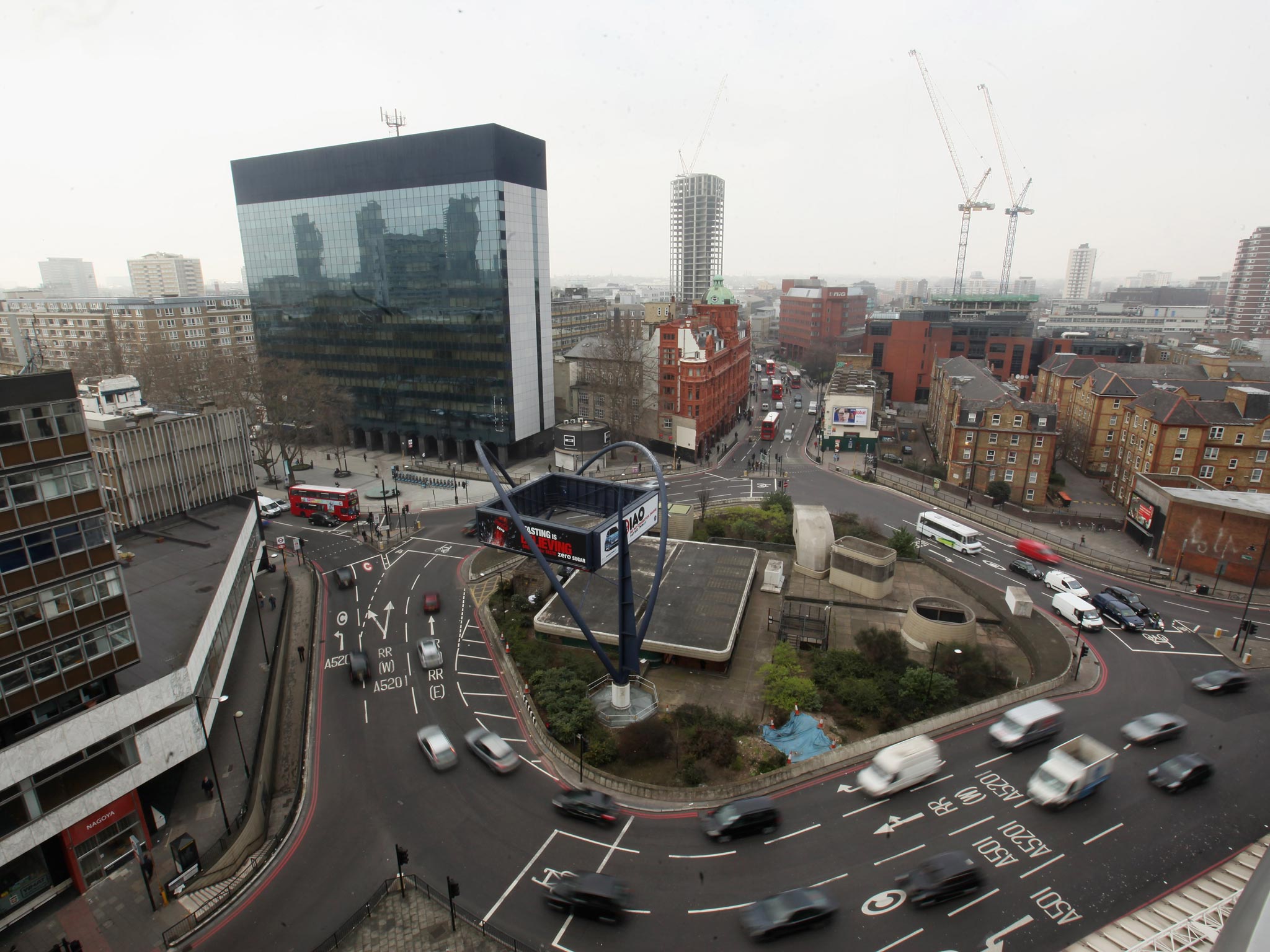Drought of computer patents raises fears UK is lagging in global technology race

Your support helps us to tell the story
From reproductive rights to climate change to Big Tech, The Independent is on the ground when the story is developing. Whether it's investigating the financials of Elon Musk's pro-Trump PAC or producing our latest documentary, 'The A Word', which shines a light on the American women fighting for reproductive rights, we know how important it is to parse out the facts from the messaging.
At such a critical moment in US history, we need reporters on the ground. Your donation allows us to keep sending journalists to speak to both sides of the story.
The Independent is trusted by Americans across the entire political spectrum. And unlike many other quality news outlets, we choose not to lock Americans out of our reporting and analysis with paywalls. We believe quality journalism should be available to everyone, paid for by those who can afford it.
Your support makes all the difference.The number of computer product patent applications made by UK-registered companies is at its lowest level in almost a decade, The Independent can reveal, triggering fears of a slowdown in British technological innovation.
Just 782 international patent applications were made in 2013 for new computer-related products by companies registered in the UK, the lowest number since 2004.
That is down from a record 1,260 applications made in 2008, according to new data from the Switzerland-based World Intellectual Property Organisation (Wipo).
The figures are in stark contrast to the number of global applications for computer-related patents, which jumped 21 per cent in the same period to a record 17,324, according to data also released on Monday by Thomson Reuters.
Much of the global growth is fuelled by demand for smartphone and tablet apps and a growing focus on wearable technology, analysts say.
But the disparity between the decline in Britain and increases elsewhere could be a concern for the Government, which has looked to reinforce an image of the UK as a hub for technological innovation.
Tech City, the three-year-old cluster of hi-tech companies situated in East London, was recently described as the “digital capital of Europe”, with favourable comparisons by the former New York Mayor Michael Bloomberg as a credible rival to Silicon Valley.
The patent drought also raises wider concern that British companies could be falling behind on the commercialisation front because they are failing to protect potentially lucrative business and product ideas.
One such example of this debate has been over graphene, the “wonder material” related to graphite that is 200 times stronger than steel but far lighter. Scientists at the University of Manchester won the Nobel Prize for Physics in 2010 for their pioneering research into graphene, but recent figures indicate that 35 per cent of patents related to the material have come from the US, 20 per cent from China, 10 per cent from South Korea and less than 1 per cent from the UK.
These figures previously led to the science minister, David Willetts, calling for Britain to “raise our game” in registering patents ahead of international rivals.
That view was supported by Dr Helen Meese, the head of materials at the Institution of Mechanical Engineers, who told The Independent last year: “Despite the UK being at the very forefront of graphene research, the country’s commercialisation of the material has been woeful.
“The graphene community has to agree on a timescale for commercialisation now and develop a clear road map for ongoing research and development. The UK must also establish how it intends to compete in terms of market share and mass production.”
The Intellectual Property Bill, currently passing through Parliament, is a response to the Hargreaves review which in 2011 identified the importance of intellectual property to the UK economy, and subsequent moves to bring about changes in the law. The Bill is devised to help British businesses protect their IP rights.
But last year the Government abandoned plans for a “superfast” patent service, which would have provided licenced protection to designs in 90 days as opposed to the current average of 18 months, after a consultation found that just three respondents were likely to use it.
The Intellectual Property Office said “there would not appear to be a great desire” for the service, which was introduced in policy by Vince Cable in December 2012.
Join our commenting forum
Join thought-provoking conversations, follow other Independent readers and see their replies
Comments